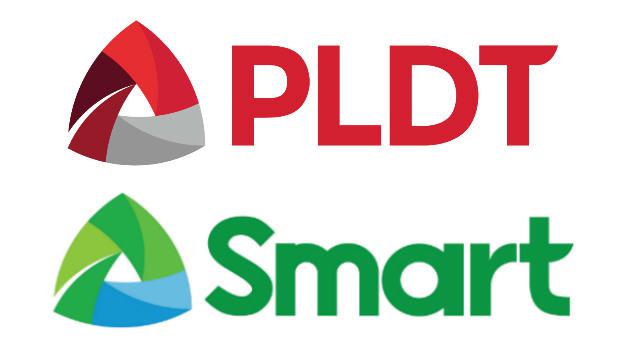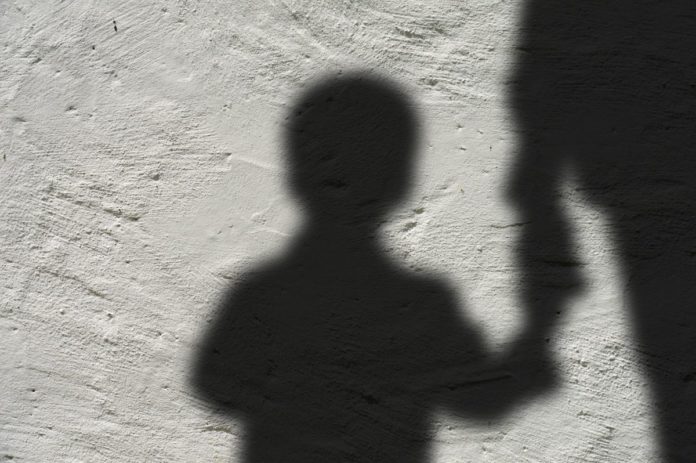The war against online sexual abuse and exploitation of children (OSAEC) kicked up a notch, as PLDT and Smart start to block on the more difficult content-level.
The companies’ recent membership in the Internet Watch Foundation (IWF) has so far given them access to 5,800 URLs with child sex abuse materials, which they have blocked over the past week. This goes on top of at least 3,000 domains they have cut access to prior to their IWF membership.
As of this moment, PLDT, the country’s largest, fully integrated telco and its wireless unit Smart are the only telco firms in the Philippines with the ability to block up to the content level, keeping children safe, and preventing abusers from taking advantage of children online.
The membership into the UK-based IWF is a vital cog in PLDT and Smart’s child protection platform. Employing different technologies, the platform references the illicit content that customers are trying to access against the companies’ databases. It can block access to a specific file without cutting off an entire website. This is particularly useful in blocking sexually explicit materials featuring children that have been posted on legitimate domains.
“When our customers try to open offensive content, they are immediately brought to a landing page telling them that the material violates Republic Act 9775 or the Anti-Child Pornography Law,” explained Angel Redoble, chief information security officer at PLDT and Smart.
Launched in the first quarter of this year, the child protection platform has allowed PLDT and Smart to block online child sexual abuse materials (CSAM) in two ways: domain level, and now with the IWF membership, at content level.
“When a child abuse content finds its way into a legitimate domain like social media platforms or video-sharing sites, we can’t block the entire web page because that will prevent all our customers from accessing materials on that domain that are not related to OSAEC,” said Redoble.
The challenge comes in blocking illicit files that have filtered their way into legitimate domains. Because the law does not allow internet service providers in the Philippines to actively sift through information that pass through their network, PLDT and Smart employ open-source threat intelligence gathering, purchase available commercial threat intelligence, and rely on law enforcement agencies to share the links of online child abuse materials that have been posted on the internet.
This is where the value of a membership with IWF comes in. Backed by the global internet industry and the European Commission, the IWF is a non-profit organization that works closely with law enforcement agencies of national governments, internet service providers and platforms, and charitable organizations in taking down webpages, keywords, hash lists, and digital fingerprints that contain child abuse materials.
As well as taking reports from the public through their 47 reporting portals serving 2.4 billion people around the world, the IWF’s highly trained analysts actively search the internet for child sexual abuse images and videos. They then work with global partners to get them removed.
The IWF deploys technology that allows it to detect CSAM by running their unique codes or “hashes” against known blacklists.
The IWF then forwards the offending URLs, which PLDT and Smart convert to IP addresses which when accessed, takes the user to the child protection platform. The platform then redirects to the landing page of the National Telecommunications Commission, which informs the user the content being accessed is in violation of Republic Act 9775, or the Anti-Child Pornography Act.
The IWF has created an intelligent web crawler which it deploys to methodically browse targeted areas of the internet. The organization says, what makes theirs different from others is that it’s loaded with over 566,000 hashes of known child sexual abuse images.
“We can’t use hashes on our platform simply because we don’t store content. We don’t have files to run against them. We are only a pass-through infrastructure. And we are not legally allowed to peer into the content that travel along our network,” explained Redoble.
Since the IWF membership, PLDT and Smart have gained access to the organization’s growing database that contain over 9,000 links to sexually explicit files featuring children.

Since then, PLDT and Smart have been able to block 3,345 web addresses related to CSAM, including 34 domains and 286 IP addresses in the latter half of May alone. Prior to forming an alliance with IWF, PLDT and Smart have blocked around 3,000 websites tied to online child abuse.
On top of employing technology solutions, PLDT and Smart have also been strengthening their own corporate policies and tying in child protection in their broader sustainability agenda. As a result of their partnership with UNICEF, the companies have since rolled out their own Child Safeguarding Policies and piloted the updated Mobile Operators Child Rights Impact Assessment (MO-CRIA) tool, further driving the thrust to manage business impact on children and aligning with the world’s best practices for child protection.
PLDT and Smart are also collaborating with the International Justice Mission (IJM) in efforts to aid law enforcement in combating OSAEC in the Philippines. IJM has recently lauded PLDT and Smart for their move to join the global coalition of the IWF.
To educate and empower communities towards digital literacy, safety and welfare, PLDT and Smart are also rolling out homegrown programs like InfoTeach, CyberSmart and Better Today. The companies are also supporting the SaferKidsPH program that is geared towards equipping and capacitating communities in the fight against OSAEC.
These initiatives underscore PLDT and Smart’s commitment to UNSDG #16 that promotes just, peaceful and inclusive societies including the end to abuse, exploitation, trafficking and all forms of violence against and torture of children.
